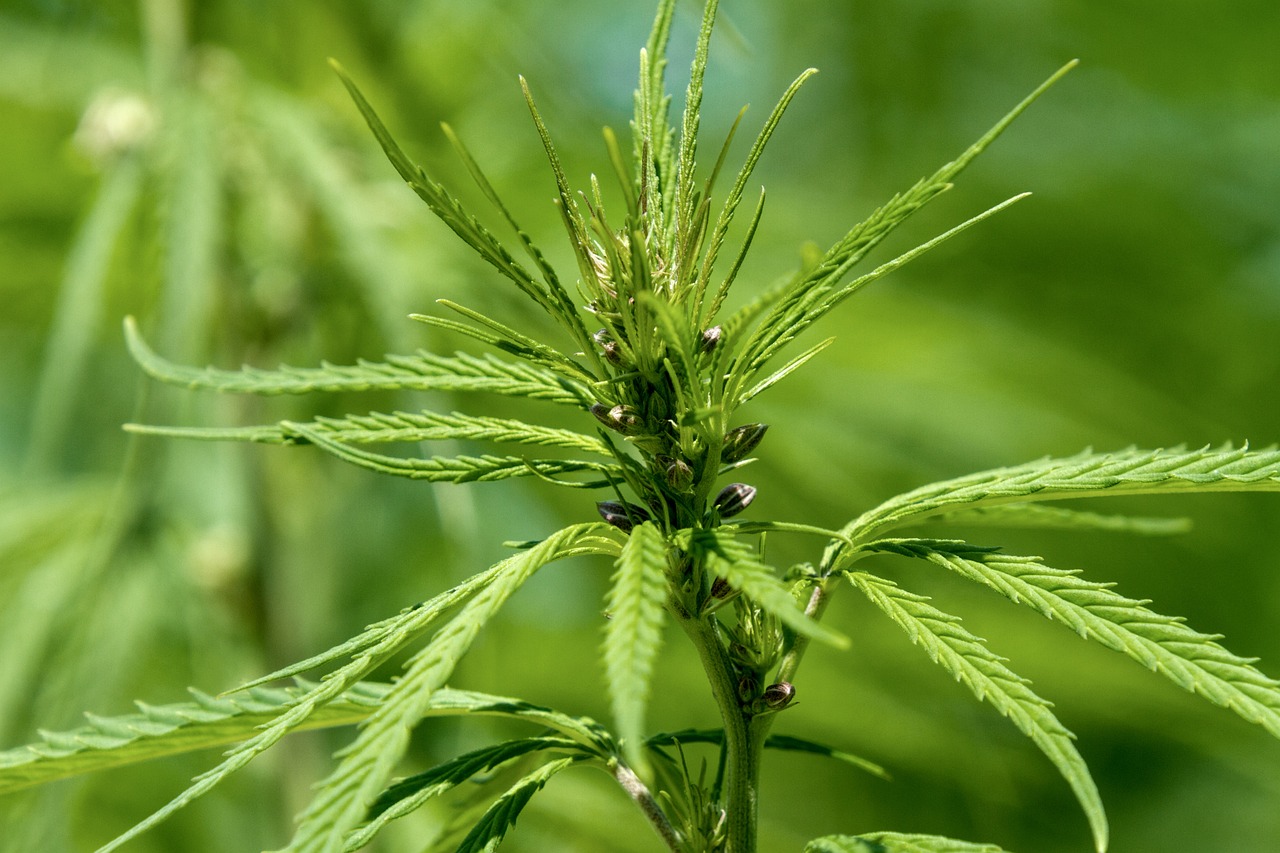THCA Flower: Nature’s Gift for Wellness
In recent years, the interest in natural wellness solutions has surged, with many turning to plant-based remedies for health and well-being. Among these, THCA flower has emerged as a promising option. This article explores the potential benefits of THCA flower, its unique properties, and its role in promoting wellness.
Understanding THCA: The Precursor to THC
THCA, or tetrahydrocannabinolic acid, is a non-psychoactive cannabinoid found in raw cannabis plants. Unlike THC, which is known for its psychoactive effects, THCA does not produce a “high.” This makes it an attractive option for those seeking the therapeutic benefits of cannabis without the mind-altering effects.
The Science Behind THCA
THCA is the acidic form of THC and is abundant in fresh hemp flower. When exposed to heat through smoking, vaping, or cooking, THCA converts to THC, a process known as decarboxylation. This transformation is what gives THC its psychoactive properties. However, when consumed raw, THCA remains non-psychoactive, allowing users to experience its benefits without intoxication.
Potential Health Benefits of THCA Flower
Research into THCA is still in its early stages, but preliminary studies and anecdotal evidence suggest several potential health benefits:
- Anti-inflammatory Properties: THCA may help reduce inflammation, making it a potential option for those with inflammatory conditions such as arthritis.
- Neuroprotective Effects: Some studies indicate that THCA may have neuroprotective properties, which could be beneficial for neurodegenerative diseases.
- Anti-emetic Benefits: THCA has shown promise in reducing nausea and vomiting, particularly in patients undergoing chemotherapy.
- Appetite Stimulation: Like THC, THCA may help stimulate appetite, which can be beneficial for individuals with eating disorders or those undergoing treatments that affect appetite.
Case Studies and Research
While comprehensive clinical trials are limited, several studies have highlighted the potential of THCA. For instance, a study published in the British Journal of Pharmacology found that THCA exhibited anti-inflammatory properties in animal models. Another study in the Journal of Neuroimmune Pharmacology suggested that THCA might offer neuroprotective benefits, although further research is needed to confirm these findings in humans.
Incorporating THCA Flower into Wellness Routines
For those interested in exploring THCA flower, there are several ways to incorporate it into daily wellness routines:
- Raw Consumption: Consuming raw cannabis leaves or flowers in smoothies or salads is a popular method to intake THCA without converting it to THC.
- Tinctures and Juices: THCA tinctures and juices provide a convenient way to consume THCA, offering precise dosing and easy integration into daily routines.
- Topical Applications: THCA-infused creams and balms can be applied directly to the skin, potentially providing localized relief for inflammation and pain.
Legal Considerations and Accessibility
The legal status of THCA flower varies by region, as it is often classified under the same regulations as THC. It’s important for consumers to be aware of local laws and regulations regarding cannabis products. In areas where cannabis is legal, THCA products are becoming increasingly accessible through dispensaries and online retailers.
Consumer Experiences and Testimonials
Many individuals have shared positive experiences with THCA flower, citing improvements in symptoms such as pain, inflammation, and nausea. For example, a patient with chronic arthritis reported reduced joint pain and increased mobility after incorporating THCA into their regimen. Another user undergoing chemotherapy noted a significant decrease in nausea and an improved appetite.
Challenges and Considerations
Despite its potential benefits, there are challenges associated with THCA flower. The lack of extensive clinical research means that much of the evidence is anecdotal. Additionally, the variability in cannabis strains and cultivation methods can affect the consistency and potency of THCA products.
Conclusion
THCA flower represents a promising avenue for those seeking natural wellness solutions. Its non-psychoactive nature and potential health benefits make it an appealing option for a wide range of individuals. As research continues to evolve, THCA may become a staple in holistic health practices. For now, those interested in exploring its benefits should approach with curiosity and an open mind, considering both the potential advantages and the current limitations of scientific understanding.
